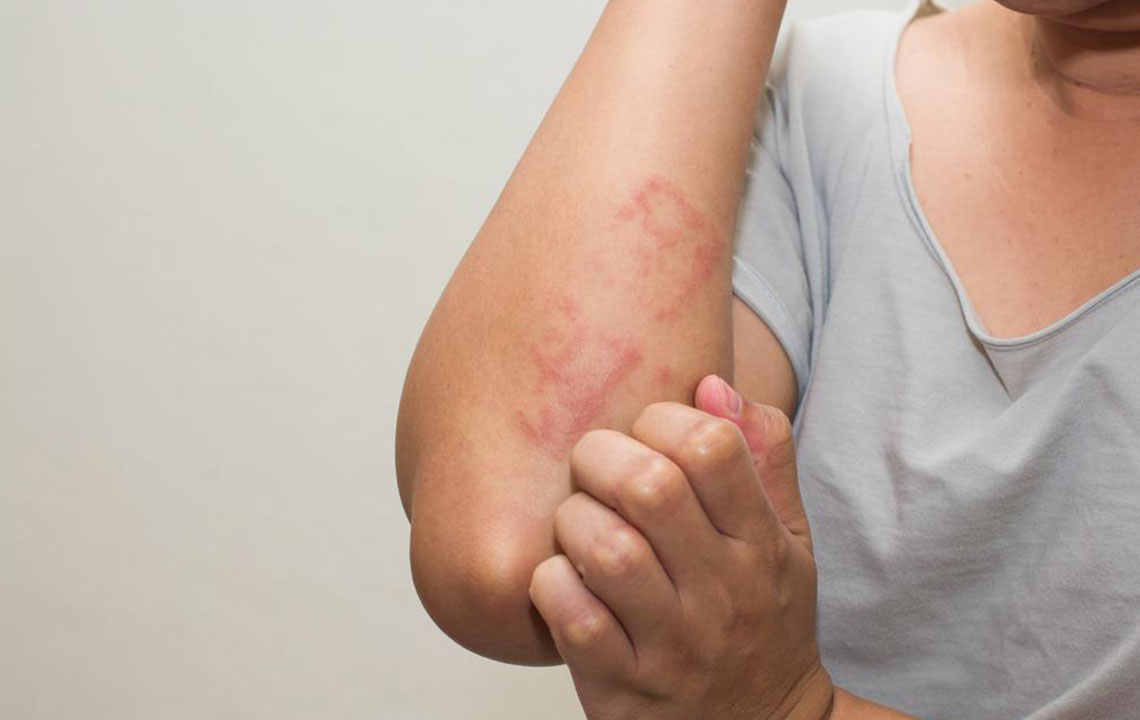How to Treat Shingles with Conventional and Alternative Procedures
Shingles refer to a painful skin rash caused by the virus varicella zoster. It is also known as herpes zoster. This is most common in older people who do not have strong immune systems due to injury, stress, medicines, etc. It is a rare phenomenon for anybody to get shingles multiple times since most people get it only once. Shingles last from two to six weeks. It is true that there is no cure for shingles but it can be treated, and prompt treatment can speed up the healing process as well as reduce the risk of complications.

Some of the medications to treat shingles include:
- Valacyclovir (Valtrex)
- Acyclovir (Zovirax)
- Famciclovir (Famvir)
Since shingles accompany pain, the doctor may also suggest you the following:
- Anticonvulsants like gabapentin (Neurontin)
- Capsaicin cream
- Numbing agents, like lidocaine- delivered through a cream, gel, skin patch, spray
- Tricyclic antidepressants, like amitriptyline
- Injection that includes corticosteroids as well as local anesthetics
- Medications containing narcotics, like codeine
Home Remedies and Lifestyle
There are several home remedies and lifestyle changes to consider to get relief from shingles.
Healing Baths
Clean the blisters every day to avoid the possibility of spreading the contagion. Take a cool shower to soothe the skin. Cool water eases the pain caused due to blisters and calms itchiness as well.
You can take a healing bath to get relief. Take 1 or 2 cups of cornstarch or colloidal oatmeal and mix with lukewarm water. Soak yourself in the solution for 15 to 20 minutes. Never use hot water as it can worsen the blisters since heat boost blood flow. Dry yourself properly and wash with a fresh towel to avoid the virus from spreading to others.
Wet and Cool Compress
Additionally, apply a moist and cool compress to get relief from itchiness and pain. You have to do this a few times every day. Soak a piece of clean cloth in cold water, wring out the excess water and apply on to the blisters and rash. The cold compress will reduce pain to a great extent. You may do this as and when you want. You must not apply ice pack on to the rashes as it would increase the sensitivity of the skin and aggravate the pain.
Corn Starch and Baking Soda Paste
Use baking soda or cornstarch with water to create a paste to relieve itching naturally. Add two parts of baking soda or cornstarch with one part of water to get the desired consistency. Apply the paste on the rashes and wash it off after 10-15 minutes. If needed, do this for several times in a day.
Soothing Creams and Lotions
If you scratch the rash, it would cause scarring and prolong blisters. Soothing creams and lotions can also be applied on the blisters. Though they would not speed up healing, although they could make you feel comfortable. However, you must avoid scented or perfumed lotions or creams as they can cause irritation.
You can also apply ointments containing capsaicin three to four times in a day. This ingredient present in chili peppers has anti-inflammatory properties to ease the pain. You may feel a slight tingling after initial application but it will eventually go away. You can also apply calamine lotion after showers to soothe inflamed and irritated skin and also to dry out blisters.
Dietary Suggestions
Since shingles are caused due to a weak immune system, thus, you need to feed yourself well to strengthen the immune system. There are certain foods that you should and should not eat to boost your immune system.
A patient with shingles should eat food containing Vitamins A, C, E and B-1 including amino acid lysine. Some of the food items that promote health and healing are:
- Any yellow and orange fruits
- Leafy greens
- Red meat
- Chicken
- Eggs
- Dairy
- Wild-caught fish
- Legumes
- Beans
- Whole grains
- Spinach
- Tomatoes
Avoid the following food items:
- Arginine-rich foods like gelatin, nuts, and chocolate
- Juices and food containing high amount of sugar
- Foods high in saturated fat
- Refined carbohydrate
Homeopathic Remedies
Along with home remedies and conventional therapy, you can also include homeopathic medicines into your treatment plan. You need to consult with a homeopathy doctor to learn the course of action. Some of the medicines that are used for shingles in homeopathy include:
- Ranunculus bulbosus
- Rhus Toxicodendron
- Graphites
- Arsenicum album
- Cantharis
- Hypericum
- Mezereum
Supplements and herbal medicines or remedies can also help your body dispel the virus. These include:
- Lemon balm
- Echinacea
- Oregano oil
- Melatonin
- Essential fatty acids
- St. John’s Wort
You are advised to always consult with a doctor before starting with any supplement or medicine.


